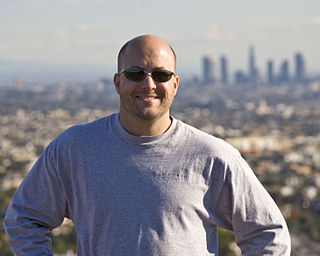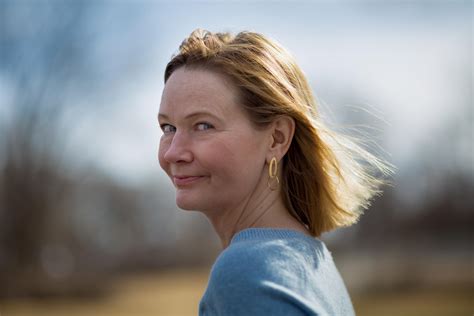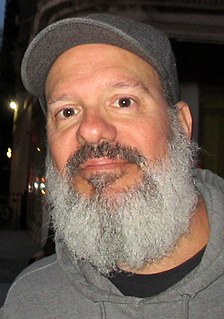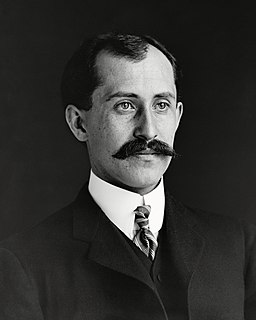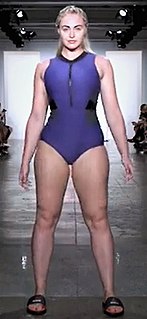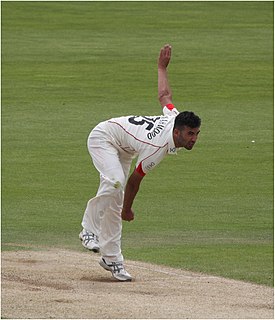A Quote by Walter Murch
I re-mastered 'The Conversation' a few years ago for DVD. 'The Conversation' was the first film I edited on a flatbed machine - a KEM editing machine. I've been using Final Cut or the AVID for 12 years now, so I was interested in looking at this film and seeing if I could tell if it had been edited the old way. Truth be told, I couldn't.
Related Quotes
While I was writing the book, I went to see Louise Brooks's most famous film, Pandora's Box, at the Tivoli in Kansas City, and it was a lovely experience. You can watch old silent films on DVD or even on YouTube, but it was a different feeling watching her up on the big screen, seeing the film the way people saw it all those years ago.
I took a leave of absence from the internet company where I was working and bought a camera and a copy of Final Cut Pro editing software and made my first feature film, "Street Fight." It followed a crazy, racially charged mayoral election in Newark, NJ in which a young guy named Cory Booker was taking on the political machine of that city. It went on to be nominated for an Oscar and Emmy and was a real example of DIY film-making.
For a long time now, every meeting with another human being has been the reverberations after even the simplest conversation. But the deep collision is and has been with my unregenerate, tormenting and tormented self...I am unable to become what I see. I feel like an inadequate machine, a machine that breaks down at crucial moments, grinds to a dreadful halt, "won't go".
Back when the Bible was written, then edited, then rewritten, then rewritten, then re-edited, then translated from dead languages, then re-translated, then edited, then rewritten, then given to kings for them to take their favorite parts, then rewritten, then re-rewritten, then translated again, then given to the pope for him to approve, then rewritten, then edited again, the re-re-re-re-rewritten again...all based on stories that were told orally 30 to 90 years AFTER they happened.. to people who didnt know how to write... so...
The hardest stories we tell are always about ourselves. How do you explain that you have been missing your mother for 20 years? I don't know how to explain that to you. I wasn't even sure I wanted to film that, because I don't know how I felt about it. I didn't want to put her through it, and I frankly wasn't ready. Because since I was 16, I just had created my own life for myself, you know? I left when I was 12. I'm 32. And I have gotten to know my mother more through editing her and looking and watching and editing her footage, you know.
I remember a conversation with James Anderson a few years ago about my skills and that conversation is something I can still recall. He said no two bowlers are the same, the way I bowl my outswinger will be different to the way you bowl yours so bowl to your strengths, keep it simple and don't try to copy another bowler for the sake of it.
[ Digital revolution ] only has allowed me to work faster, editing digitally, which I'm doing right now, a film on volcanoes. I can edit almost as fast as I'm thinking, editing with celluloid means always searching for this little reel of film, and number it, and scribble on it with some sort of pens, and gluing it together, and working on a flatbed. It's much, much slower.
You know, our country's being ripped apart. And let me tell you, this is largely an economic issue, too. You know that workers, hard-working people, middle class people, haven't had a salary increase effectively in 12 years, all right? So for 12 years, they're making less now in many cases than they made 12 years ago.

